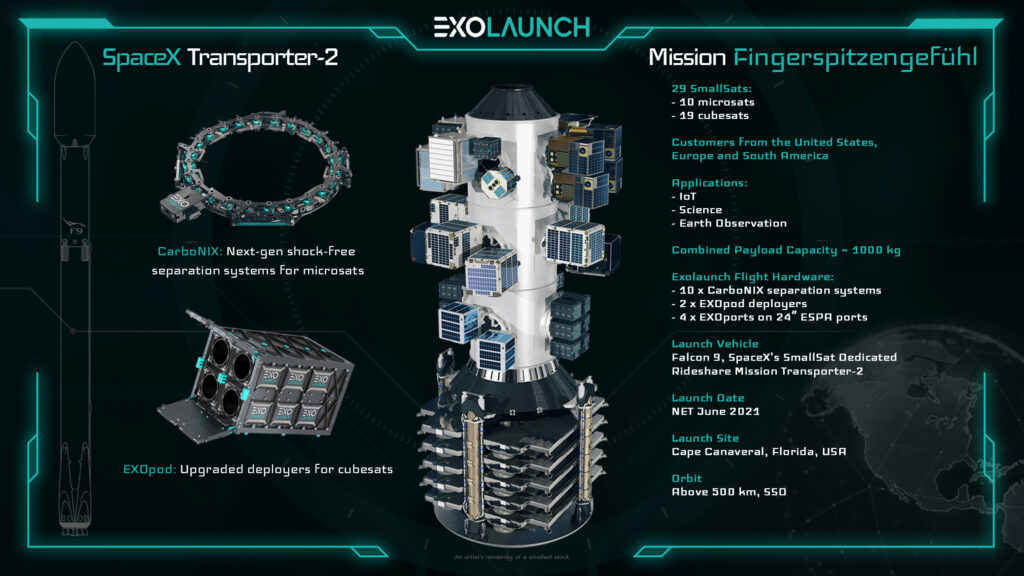

Galaxy G-33 and G-34 "are the next satellites in Intelsat's comprehensive Galaxy fleet refresh plan, a new generation of technology that will provide Intelsat Media customers in North America with high-performance media distribution capabilities and unmatched penetration of cable headends," said Intelsat representatives. To date, SpaceX has launched 183 Falcon 9 missions, landed orbital-class rockets a total of 147 times and reused first-stage boosters in its fleet 123 times.įalcon 9’s first stage has landed on the A Shortfall of Gravitas droneship - the 14th launch and landing of this booster! /ywUWHBn8qE Space Force's GPS III-3 navigation satellites, the Republic of Turkey's Turksat 5A satellite, SpaceX's Transporter-2 rideshare mission, and now 10 Starlink missions. It marked the 14th launch and landing of booster B1060-14 which previously supported the deployment of the U.S. It successfully deployed the Intelsat Galaxy G-33 and G-34 satellites into a geosynchronous transfer orbit.Īpproximately eight-and-a-half minutes after liftoff, the booster landed on the 'A Shortfall of Gravitas' autonomous droneship stationed around 663-kilometers downrange in the Atlantic Ocean. ET from Space Launch Complex 40 (SLC-40) at the Cape Canaveral Space Force Station in Florida. The flight-proven booster, identified as B1060-14, lifted off at 7:05 p.m. Engineers rapidly addressed the issue and proceeded to launch on Saturday.

SpaceX’s Falcon 9 rockets are fuelled by rocket-grade RP-1 Kerosene and cryogenic liquid oxygen, the tanks are equipped with composite overwrapped pressure vessels (COPVs) that are filled with helium gas that keep the rocket's propellant tanks pressurized while the propellant is drained. Standing down to investigate," shared SpaceX founder Elon Musk via Twitter on October 6. "Tiny helium leak (just barely triggered abort), but we take no risks with customer satellites. The launch came after the mission was delayed a couple of times due to a rocket helium leak.

On Saturday, October 8, SpaceX reused a previously-flown Falcon 9 rocket a 14th time to deploy two Intelsat Galaxy telecommunication satellites.


 0 kommentar(er)
0 kommentar(er)
